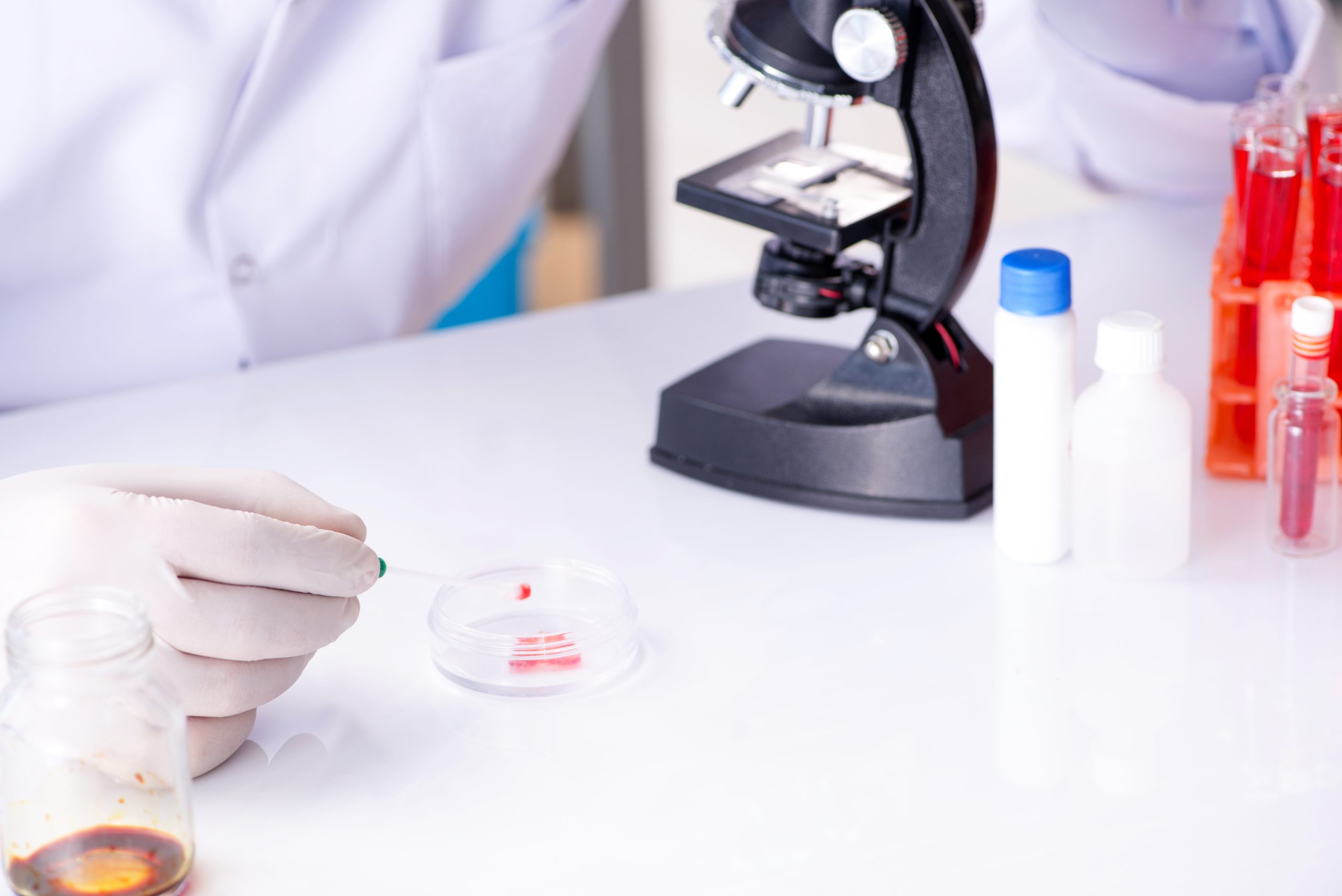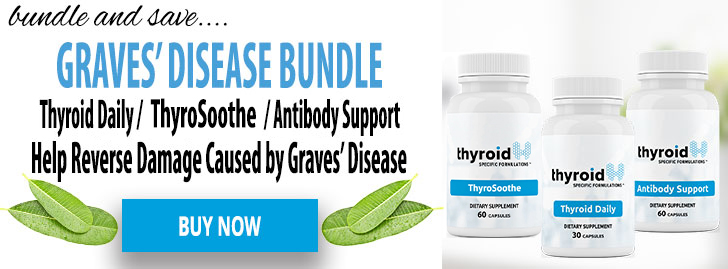Protection from Hyperthyroidism
Hyperthyroidism damages the brain, heart, bones, mitochondria, and can cause Graves’ eye disease. Several natural compounds can lower these risks. It is important to protect the body even though the goal is to reverse hyperthyroidism. Brief durations of hyperthroyidism lead to risks that can linger for years.
CoQ10
Hyperthyroidism is associated with pathologically low levels of CoQ10. It seems that CoQ10 may be harder to produce when tyrosine is used for excess thyroid hormone and it may be degraded from the free radicals produced by hyperthyroidism.
Studies even show that CoQ10 depletion more accurately predicts the metabolic effects of hyperthyroidism than direct measurement of thyroid levels8.
It has been speculated that the cardiac damage from hyperthyroidism is likely related in part to CoQ10 depletion.
Selenium
Selenium is essential for nearly all facets of thyroid function including iodine regulation, cell proliferation, and regulation of free radicals within thyroid follicles.
A recent clinical trial tested to see whether selenium with vitamin C could help methimazole reverse hyperthyroidism more quickly than methimazole alone9.
In the study, the patients were adults, mostly women. They were tracked for 60 days. Those given selenium showed lower levels of T3 and T4 and higher TSH scores.
The researchers concluded that:
“Supplementation undoubtedly contributed to the treatment of hyperthyroidism. Namely, it affects the speed of normalisation of thyroid hormone values and thus reduces the period of exposure of the organism to oxidative stress.”
In a recent clinical trial, 204 patients participated in a study to determine the effects of supplemental selenium on Graves’ eye disease. The participants were randomly distributed to receive selenium, an antiinflammatory medication (pentoxifylline), or placebo.
After 6 months, selenium showed dramatic benefits that were not seen in the anti inflammatory or placebo groups. These results continued to improve through a 12-month follow up. The rate of overall improvement for those on selenium was 7-fold greater than those on the placebo or medication.
No adverse effects were noted in the patients taking selenium but several did occur in those taking pentoxifylline.
Vitamin C
Vitamin C, also known as ascorbic acid is a water soluble antioxidant essential for human health.
In vivo studies have shown that Vitamin C can play a beneficial role at inhibiting the inflammatory changes that give rise to Graves eye disease.
Such effects were only seen when Vitamin C was administered at doses exceeding the levels found in typical diets10.












